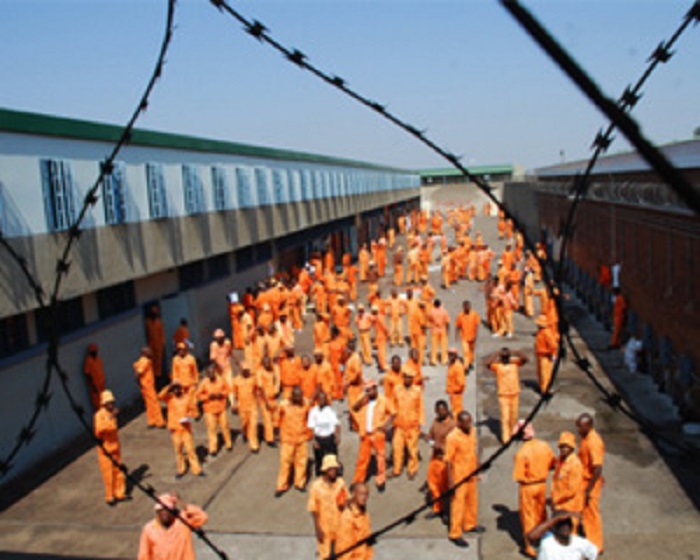As communities rally to protect against increased criminal activity through various mechanisms, such as #GansterismMustFall, the number of prisoners entering the system is constantly increasing. The overloaded judicial system may, therefore, be considered as indicative of a failing prison system.
National advocacy and lobbying manager of the National Institute for Crime Prevention and the Reintegration of Offenders (NICRO), Venessa Padayachee, explained that within the South African prison system, rehabilitation is “not as successful” as desired.
She further noted that the criminal justice system is overloaded, which has resulted in the inability of the prison system to manage those who are imprisoned.
“The prison system is failing because we incarcerate very easily in our country, a problem exacerbated by gang activity,” Padayachee noted.
Rehabilitation, Padayachee explained, is a choice granted to prisoners, since prisoners withhold the right to attend rehabilitation programmes.
“I think that if we send people to prison it should be compulsory from the time that they enter prison.”
Padayachee affirmed that prison affects individuals in different ways. Certain prisoners leave prison “much more hardened” due to the struggle to survive, since imprisonment is considered to be the survival of the fittest.
Within the South African prison system, prisoners who enter prison as a result of petty crimes, on entering prison, come into contact with hardened criminals. Many prisoners may also join a gang, which effectively creates a foundation for a life of criminal activity.
“South African prisons have been described as universities of crime. We should, therefore, not take everything to the criminal justice system,” Padayachee urged.
Many prisoners, she further noted, are able to improve their lives and forgo a life of crime.
Padayachee explained that the South African judicial system should send less individuals to prison and, where possible, community based rehabilitation should be instituted. She, furthermore, asserted that only “serious offenders” should be incarcerated.
“Like the United States, South Africa also has the problem of ‘mass incarceration’ – if the system has a smaller prison population, then it will be easier to manage.
In an attempt to decrease the number of repeat offenders, Padayachee explained that the Department of Correctional Services should develop a correction sentencing plan for each inmate.
Currently, only inmates who are sentenced to 24 months and longer are provided with a correction sentencing plan.
“Rehabilitation is more than an intervention programme, it is about using your prison population in a constructive way,” Padayachee noted.
Padayachee, therefore, advocates that prison should be a place of work, as “work is dignity.”
She further affirmed that the problems found within the prison system do not rest exclusively with the Department of Correctional Services. Instead, she calls into question all structures within Government. Government is, therefore, urged to improve all levels of community development.
“We find that offenders may have been abused, neglected, or come from broken families. This means that our social-development is not working as it should – there is so much more that we can do,” Padayachee concluded.
VOC (Thakira Desai)






 WhatsApp us
WhatsApp us 

